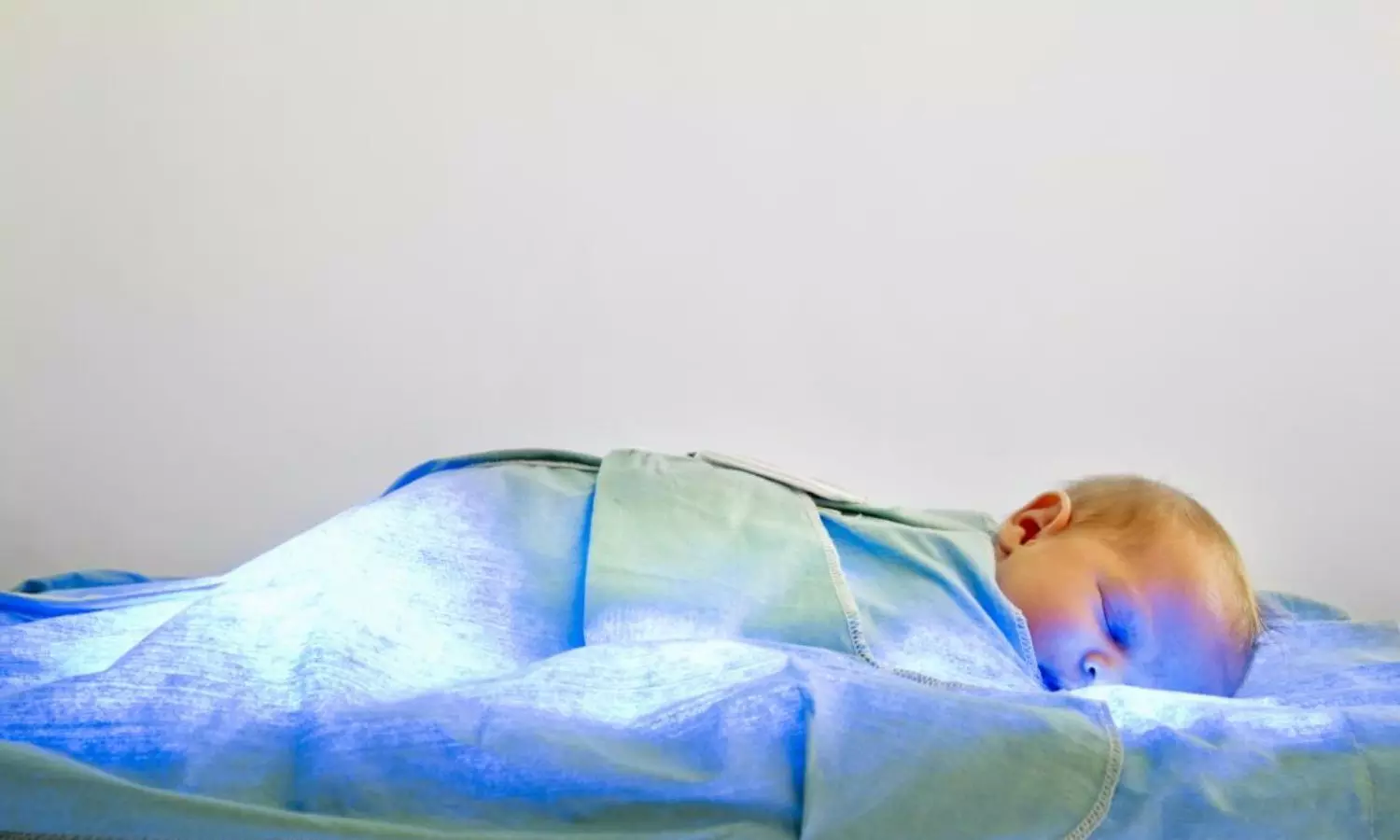- Home
- Medical news & Guidelines
- Anesthesiology
- Cardiology and CTVS
- Critical Care
- Dentistry
- Dermatology
- Diabetes and Endocrinology
- ENT
- Gastroenterology
- Medicine
- Nephrology
- Neurology
- Obstretics-Gynaecology
- Oncology
- Ophthalmology
- Orthopaedics
- Pediatrics-Neonatology
- Psychiatry
- Pulmonology
- Radiology
- Surgery
- Urology
- Laboratory Medicine
- Diet
- Nursing
- Paramedical
- Physiotherapy
- Health news
- AYUSH
- State News
- Andaman and Nicobar Islands
- Andhra Pradesh
- Arunachal Pradesh
- Assam
- Bihar
- Chandigarh
- Chattisgarh
- Dadra and Nagar Haveli
- Daman and Diu
- Delhi
- Goa
- Gujarat
- Haryana
- Himachal Pradesh
- Jammu & Kashmir
- Jharkhand
- Karnataka
- Kerala
- Ladakh
- Lakshadweep
- Madhya Pradesh
- Maharashtra
- Manipur
- Meghalaya
- Mizoram
- Nagaland
- Odisha
- Puducherry
- Punjab
- Rajasthan
- Sikkim
- Tamil Nadu
- Telangana
- Tripura
- Uttar Pradesh
- Uttrakhand
- West Bengal
- Medical Education
- Industry
Unbound bilirubin, a robust predictor of acute bilirubin encephalopathy in infants

India: Findings of the association between unbound bilirubin (UB) and acute bilirubin encephalopathy (ABE) indicate that bilirubin-induced neurological dysfunction (BIND) scoring with UB measurement may be useful for evaluating ABE in ≥ 34 weeks GA infants.
The study, published in The Journal of Pediatrics, emphasizes the importance of incorporating UB measurement into BIND scoring for a more accurate evaluation in this patient cohort.
Sanjiv B Amin, Department of Pediatrics, Sir Ganga Ram Hospital, Delhi, India, and colleagues conducted the study to compare the association of unbound bilirubin, total serum bilirubin (TSB), and bilirubin: albumin molar ratio (BAMR) with acute bilirubin encephalopathy as assessed by BIND score, in infants with significant hyperbilirubinemia (TSB ≥ 20 mg/dL or underwent exchange transfusion).
The prospective cohort study involved infants ≥ 34 weeks gestational age (GA) with significant hyperbilirubinemia during the first two postnatal weeks. Those with chromosomal disorders, craniofacial malformations, surgery, TORCH infections, or a family history of congenital deafness were excluded. Serum albumin, total serum bilirubin, and unbound bilirubin were measured at hospital admission using the bromocresol green, colorimetric, and modified peroxidase method, respectively.
Infants were assessed on admission for ABE using a standardized neurological examination. They were assigned a BIND score by trained physicians. Infants with a total BIND score of 0 were deemed normal and those with a score ≥ 1 were deemed to have ABE.
The study led to the following findings:
- A total of 151 infants were studied, among whom 37 had ABE. Of these,
- 19 had mild ABE [BIND score 1 to 3] and 18 had moderate to severe ABE [BIND score 4-9].
- On logistic regression, UB, but not TSB or BAMR, was associated with ABE (adjusted OR:1.64).
- On ordered logistic regression, UB, but not TSB or BAMR, was associated with the severity of ABE (adjusted OR:1.76).
"Unbound bilirubin levels, but not bilirubin: albumin molar ratio or total serum bilirubin, have emerged as a robust predictor of acute bilirubin encephalopathy occurrence and severity in infants ≥ 34 weeks GA," the researchers wrote.
"This emphasizes the importance of UB measurement incorporation into bilirubin-induced neurological dysfunction scoring for a more accurate evaluation in this patient cohort," they concluded.
Reference:
Amin SB, Saluja S, Kler N. Unbound Bilirubin and Acute Bilirubin Encephalopathy in Infants Born Late Preterm and Term with Significant Hyperbilirubinemia. J Pediatr. 2023 Dec 20:113880. doi: 10.1016/j.jpeds.2023.113880. Epub ahead of print. PMID: 38135027.
MSc. Biotechnology
Medha Baranwal joined Medical Dialogues as an Editor in 2018 for Speciality Medical Dialogues. She covers several medical specialties including Cardiac Sciences, Dentistry, Diabetes and Endo, Diagnostics, ENT, Gastroenterology, Neurosciences, and Radiology. She has completed her Bachelors in Biomedical Sciences from DU and then pursued Masters in Biotechnology from Amity University. She has a working experience of 5 years in the field of medical research writing, scientific writing, content writing, and content management. She can be contacted at editorial@medicaldialogues.in. Contact no. 011-43720751



